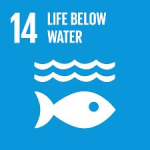Crescent Sustainability Initiatives
Partnerships for the Goals (SDG 17)
B.S. Abdur Rahman Crescent Institute of Science and Technology (BSACIST) is deeply committed to Sustainable Development Goal 14, which focuses on the conservation and sustainable use of oceans, seas, and marine resources. The institute recognizes the critical importance of maintaining healthy aquatic ecosystems and actively engages in practices that support biodiversity and the protection of water quality across its campus.
A significant aspect of BSACIST’s commitment to this goal is evident in its proactive approach to maintaining water quality. The institute conducts rigorous testing and monitoring of its water sources, including samples of Reverse Osmosis (RO) water from various blocks within the campus. Recent analyses demonstrated compliance with the Indian Standards (IS 10500:2012) for drinking water, showcasing the institute’s dedication to ensuring the safety and reliability of water supplied for consumption. The commitment to regular testing extends to understanding the broader implications of water quality, which directly affects marine ecosystems and biodiversity.
Furthermore, BSACIST engages in initiatives that contribute to the health of aquatic environments, recognizing that education and active participation in sustainability practices are essential for fostering greater awareness among the campus community. By prioritizing SDG 14 through rigorous water management practices and promoting a culture of sustainability, BSACIST sets a benchmark for educational institutions committed to preserving aquatic ecosystems and ensuring a sustainable future.
A. MAINTAIN ECOSYSTEMS AND THEIR BIODIVERSITY
B.S. Abdur Rahman Crescent Institute of Science and Technology is committed to ensure that the built infrastructure of the institute has sustainability as a core principle, both in construction and maintenance management of the campus. Estate office aspires to follow a range of sustainable design features and practices implemented to build and maintain the institute as a complete green and sustainable campus continuously.
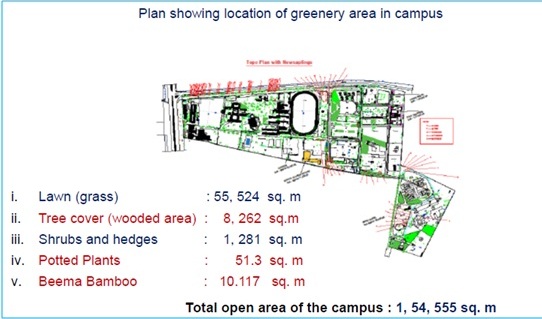
Figure XVII (3.13) -1 : Green Areas – 19 Acres (37.86% of the Total Campus)
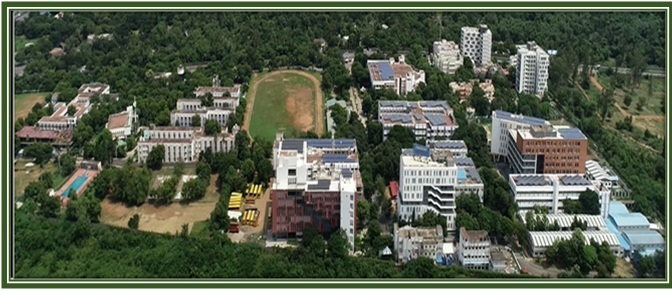
Biodiversity in the Campus through Flora & Fauna:
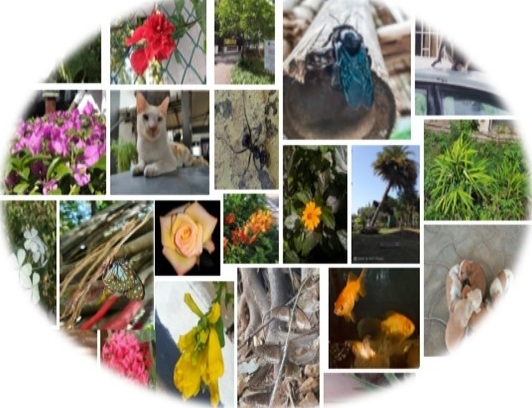
TREE PLANTATION
(17.05.2023)
B S Abdur Rahman Crescent Institute of Science & Technology, National Service Scheme organized TREE PLANTATION in association with National Cadet Corps (NCC) on 17.05.23 at 11.00 A.M
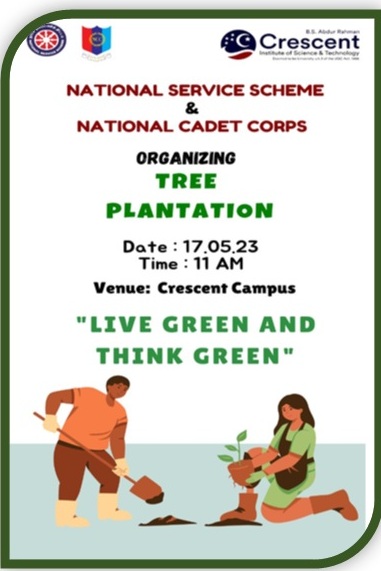
INVITATION
Cultivating a Greener Future: Live Green and Think Green
In response to the alarming environmental challenges of our time, a tree plantation initiative was launched on 17.05.23 with the aim of promoting sustainability, combating climate change, and enhancing biodiversity. A total of 200 trees were successfully planted across BSACIST campus
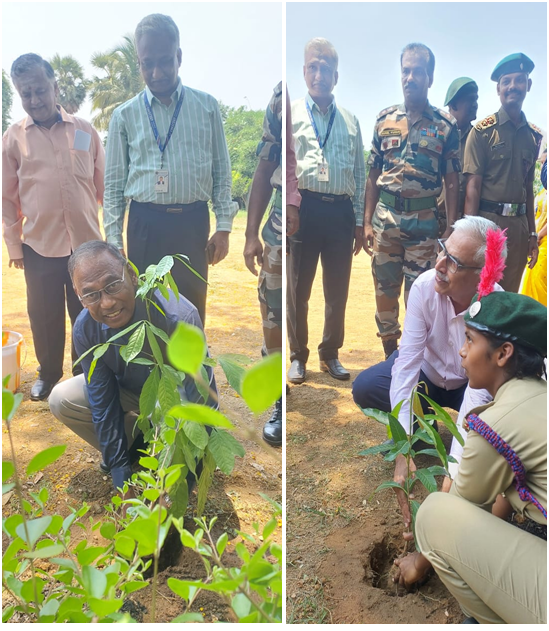
Pro-VC and Registrar of BSACIST planted trees
B. BSACIST’s COMMITMENT TO MAINTAINING WATER QUALITY ON CAMPUS
B.S. Abdur Rahman Crescent Institute of Science and Technology (BSACIST) demonstrates a strong commitment to maintaining high water quality standards across its campus. This dedication is evident through rigorous testing and monitoring of water sources, ensuring that the water used for various purposes meets safety and quality regulations.
Recently, BSACIST submitted samples of Reverse Osmosis (RO) water from different blocks, including the Science Block, LS Block, and ES Block, to Tamil Nadu Test House for comprehensive analysis. The results from these tests, conducted between September 30 and October 3, 2023, indicate that the water quality parameters are closely monitored to comply with the Indian Standards (IS 10500:2012) for drinking water. For instance, the Science Block RO water sample showed a pH of 7.25, total dissolved solids of 54 mg/l, and no presence of harmful bacteria such as E. coli or total coliforms, confirming its suitability for consumption.
However, the analysis of the LS Block and ES Block RO water samples revealed some parameters exceeding acceptable limits, particularly in total dissolved solids and hardness levels. The LS Block sample recorded a total dissolved solids level of 104 mg/l and total hardness as CaCO3 at 56 mg/l, while the ES Block sample showed even higher levels of total dissolved solids at 236 mg/l and total hardness at 100.80 mg/l. Despite these findings, both samples passed the microbiological tests, indicating that they are free from harmful pathogens.
BSACIST’s proactive approach to water quality management includes regular testing, adherence to safety standards, and immediate corrective actions when necessary. This commitment not only ensures the health and safety of students and staff but also reflects the institute’s broader dedication to environmental sustainability and responsible resource management. By prioritizing water quality, BSACIST sets a benchmark for other educational institutions, fostering a culture of health, safety, and environmental stewardship on campus.
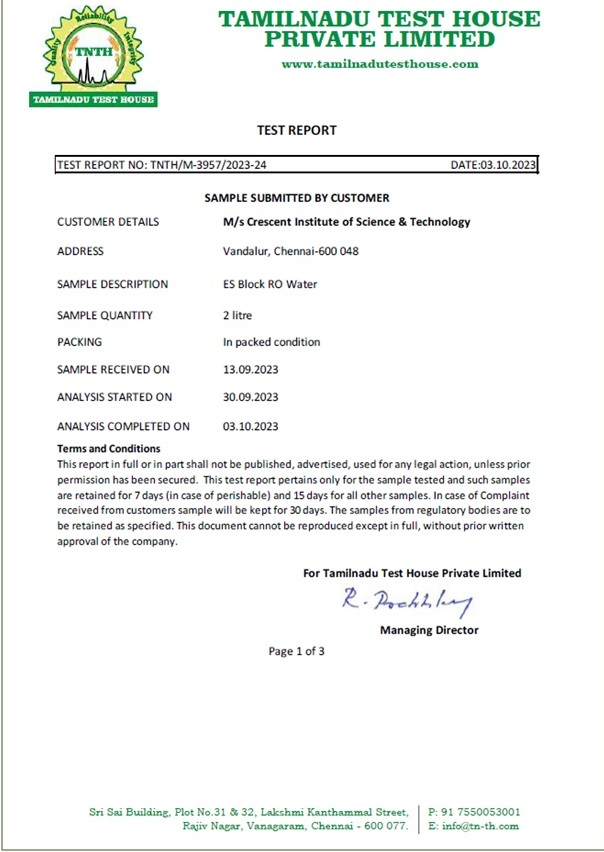
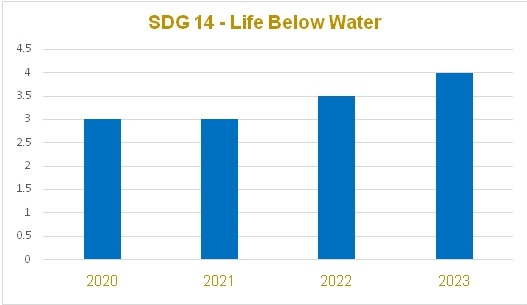
SDG 14: Life Below Water
| 4 to 5 | There is significant progress in effective implementation compared to the previous year |
| 3 to 4 | The necessary processes/activities (Supporting aquatic ecosystems through education and action, Water sensitive waste disposal, Maintaining a local ecosystem) have been implemented |
| 2 to 3 | There is an explicit plan to address the ‘Life Below Water’ and necessitated processes have been initiated |
| 1 to 2 | There is an understanding and willingness to contribute effectively for achieving the UN targets of SDG 14 |
| 0 to 1 | There is no/partial willingness and plan to contribute for achieving the UN targets of SDG 14 Life Below Water |
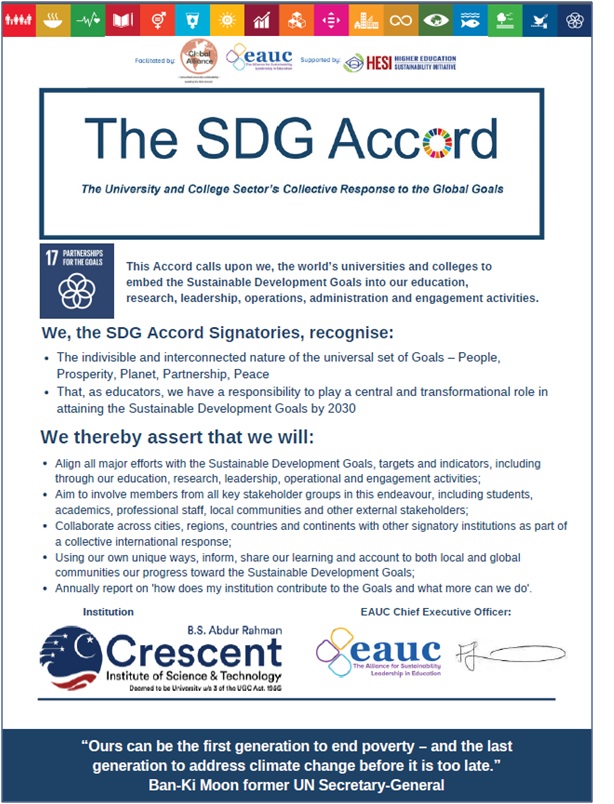
Please find the Report: SDG ACCORD REPORT


